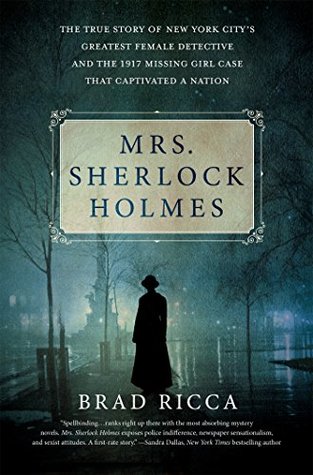Title: Lincoln in the Bardo
Author: George Saunders
Synopsis:
In his long-awaited
first novel, American master George Saunders delivers his most original,
transcendent, and moving work yet. Unfolding in a graveyard over the
course of a single night, narrated by a dazzling chorus of voices,
Lincoln in the Bardo is a literary experience unlike any other—for no
one but Saunders could conceive it.
February 1862. The Civil War
is less than one year old. The fighting has begun in earnest, and the
nation has begun to realize it is in for a long, bloody struggle.
Meanwhile, President Lincoln’s beloved eleven-year-old son, Willie, lies
upstairs in the White House, gravely ill. In a matter of days, despite
predictions of a recovery, Willie dies and is laid to rest in a
Georgetown cemetery. “My poor boy, he was too good for this earth,” the
president says at the time. “God has called him home.” Newspapers report
that a grief-stricken Lincoln returned to the crypt several times alone
to hold his boy’s body.
From that seed of historical truth,
George Saunders spins an unforgettable story of familial love and loss
that breaks free of its realistic, historical framework into a
thrilling, supernatural realm both hilarious and ter/rifying. Willie
Lincoln finds himself in a strange purgatory, where ghosts mingle,
gripe, commiserate, quarrel, and enact bizarre acts of penance. Within
this transitional state—called, in the Tibetan tradition, the bardo—a
monumental struggle erupts over young Willie’s soul.
My Thoughts:
When a book makes me want to visit a place I know I won't soon forget it. When the place in question is as quaint as a cemetery, a particular resting place, it gets wedged in my memory even more.
When Willie Lincoln, President Lincoln's son died at age 11 he was placed in the Carroll crypt in Oak Hill Cemetery in Georgetown. That's where we are guided by George Saunders to take part in an unforgettable journey.
Lincoln in the Bardo is a complex project that can be studied from many angles. It's a thoughtful and gentle piece of grief literature on the one hand, while on the other it draws from historical records to cement its supernatural plot in reality.
According to some such records President Lincoln visited the cemetery to hold his son's body for weeks after the boy was entombed. The book tells the story of one night, the night after the funeral when Willie Lincoln finds himself sitting on the roof of his crypt in the company of ghosts. He's utterly confused and wants to go home. He doesn't know what happened to him.
The interesting thing is that the ghosts don't seem to know either that they are dead. They refer to their coffins as 'sick boxes', to their corpses as 'sick forms'. Later we learn the reason of this, we only have to read between the lines to understand.
Willie's unwillingness to pass on puts his soul in danger and when his living father appears on the scene Mr. Bevins, Mr. Vollman and the Reverend Everly Thomas – ghostly residents of the cemetery – snatch this opportunity to help the little boy move on.
President Lincoln's grief gets the center stage, but he never talks; he thinks, he feels and we always experience his thoughts and feelings through a mediator. We see a broken man, one who struggles under the weight life has placed on his shoulders.
While we get to meet the father in the cemetery, snippets of memoirs that are collected and arranged expertly throughout the book show us the president through the eyes of the people.
Lincoln gets hot and cold as it is to be expected but the most fascinating for me was how this novel indicates how uncreditable human recollections can be. There is a bit where paragraph after paragraph appear from different memoirs in which people recall how the moon looked the night before Willie died. Some say there was a clear full moon, some insist a storm was rolling in, the sky was so cloudy you couldn't see the moon. Then in another part people recall the colour of Lincoln's eyes and again the descriptions don't match. It reminded me that so many pieces of information we take for granted yet some facts get irrevocably lost in the past.
Another topic George Saunders touches on is sin and how everyone perceives their own or other people's sins. This has so much to do with everything that occurs in Oak Hill Cemetery in the book.
The structure in which all these supernatural happenings and historical reminiscences are presented is unique for a novel. It reads more like a play, the name of the speaker is always written under each utterance but very often the speaker relays what others in his presence say or do. For some the format can be challenging but if one likes reading dramas I don't think it will be an issue.
There's a reason why Lincoln in the Bardo won the Man Booker Prize in 2017 and I'm glad I decided to read it. It's a great literary achievement for sure.
















